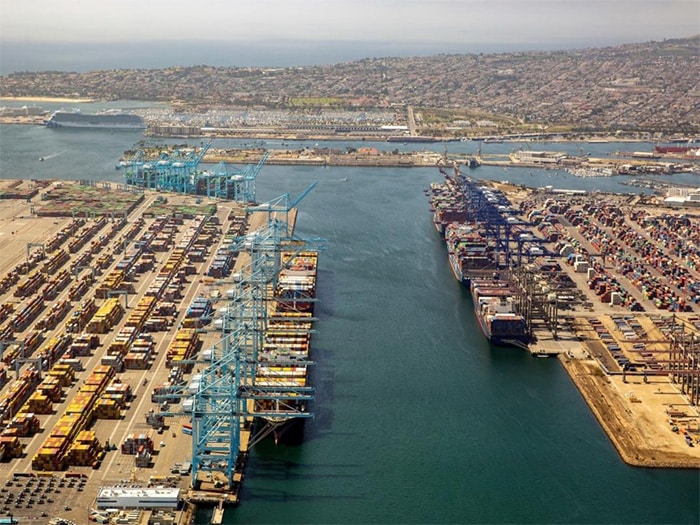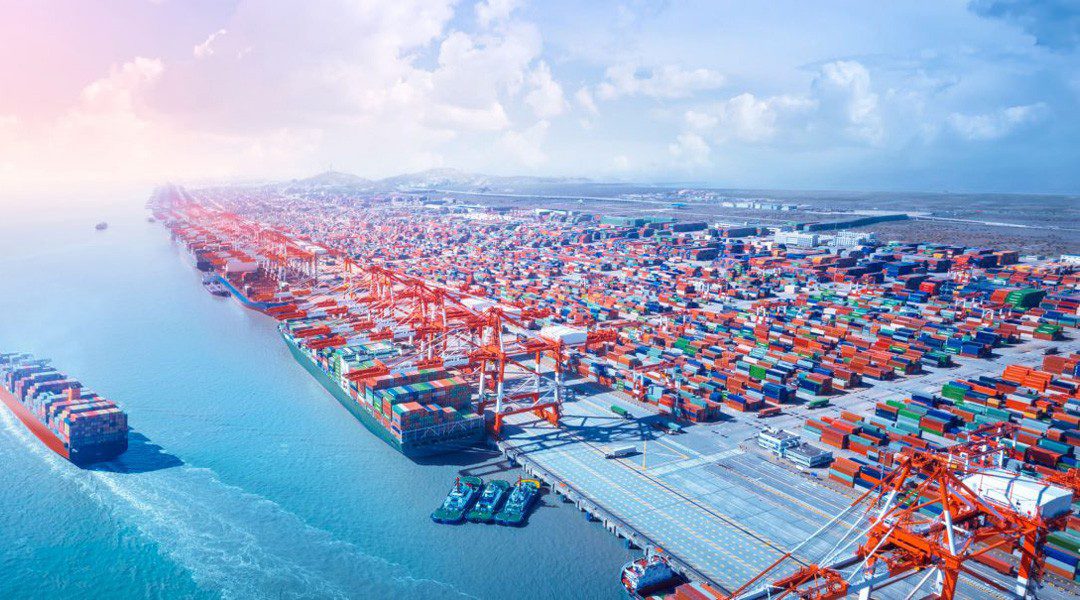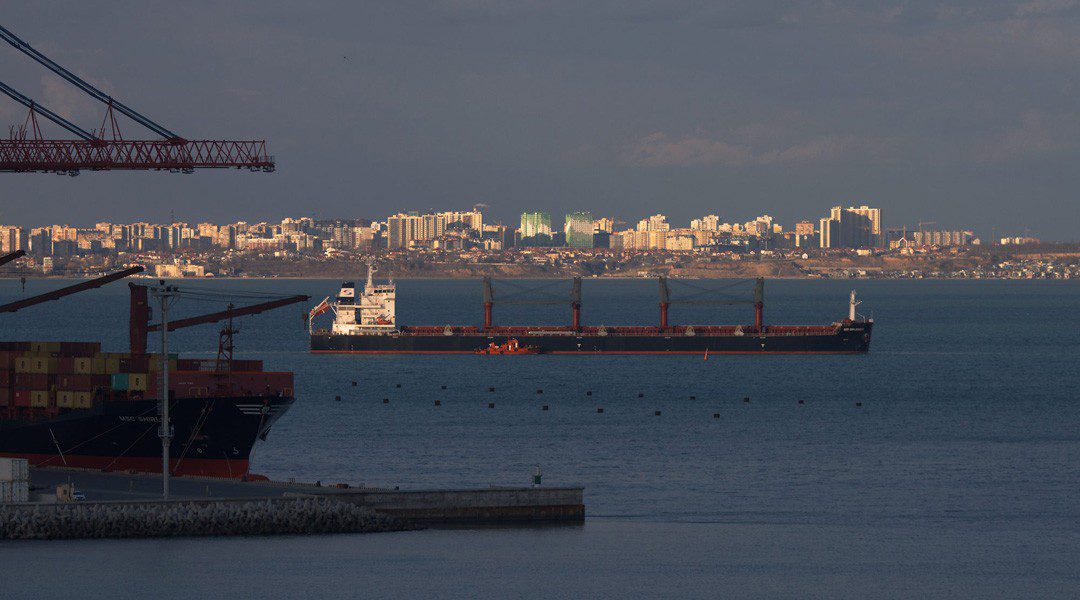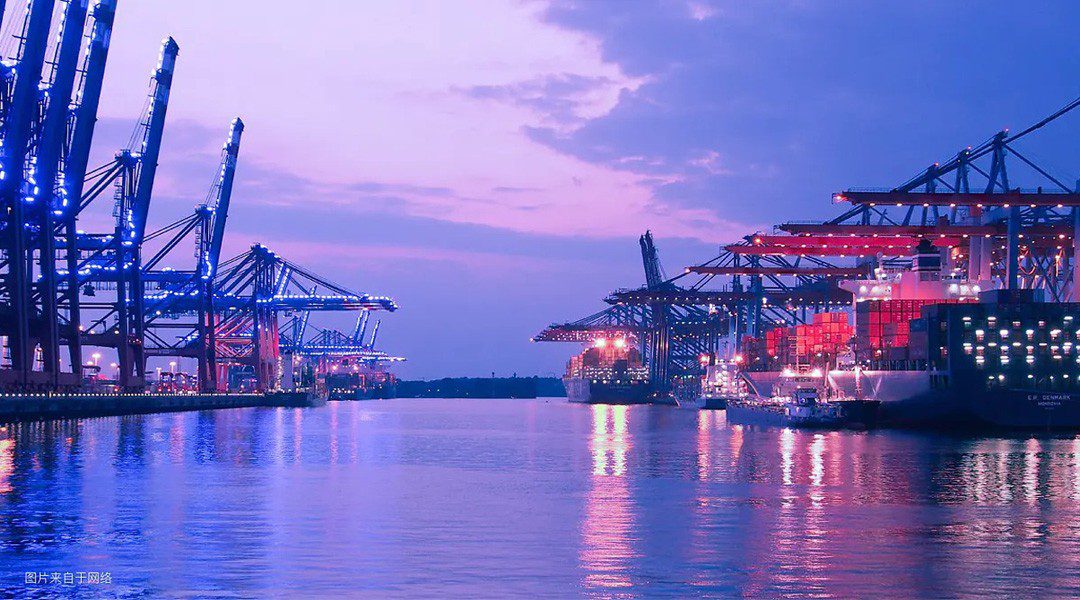
Ports across the U.S. are raising awareness about the issue of human trafficking. Credit: Port of Los Angeles
This month, ports across the United States are raising awareness about the issue of human trafficking through the Not Alone awareness campaign. This month, the nonprofits American Association of Port Authorities (AAPA) and Businesses Ending Slavery and Trafficking (BEST) are rolling out multi-lingual trafficking awareness signs to more than 80 U.S. ports.
This outreach campaign is funded through U.S. Department of Transportation’s Combatting Human Trafficking in Transportation Impact Award, which AAPA and BEST received. The Not Alone campaign aims to raise awareness about the prevalence of trafficking in the maritime industry through more employee education.
“In solemn recognition of Human Trafficking Awareness Month, AAPA is partnering with BEST to help lead the Not Alone campaign,” said Cary Davis, CEO and president of AAPA. “We’re creating tools and awareness to help empower our members to prevent the scourge of human trafficking.”
“The United States has an extensive network of seaports and marine terminals that serve as crucial transportation hubs for international trading and transportation. However, with this bustling activity comes the potential risk of human trafficking,” explained Kirsten Foot, PhD, CEO and executive director for BEST. “Seaports have a diverse workforce, and people from around the world move through their numerous entry and exit points daily. This creates an environment where trafficking can easily go unnoticed. That’s why BEST and AAPA are pleased to use the funds from this award to place trafficking awareness signs in strategic locations throughout port authorities all across the country.”
Human trafficking is a global problem, affecting millions of lives that thrives in the shadows, driven by exploitation, coercion, and despair. However, the first step in eradicating it is to raise awareness about its prevalence and devastating impact. When more port employees are informed about this issue, says AAPA, they can help identify signs, report suspicious activities, and take the necessary actions to help victims. Additionally, when victims see awareness signage posted in places they frequent, they can understand they are in a safe place where they can ask for and receive help to stop abuse and exploitation.
AAPA and BEST are pleased to assist more ports raise awareness about the crime and to help more seaport employees learn how to recognize the indicators of human trafficking. This National Human Trafficking Awareness Month, the Not Alone campaign is sending a powerful message to both port staff and potential victims: You are not alone in this fight.




